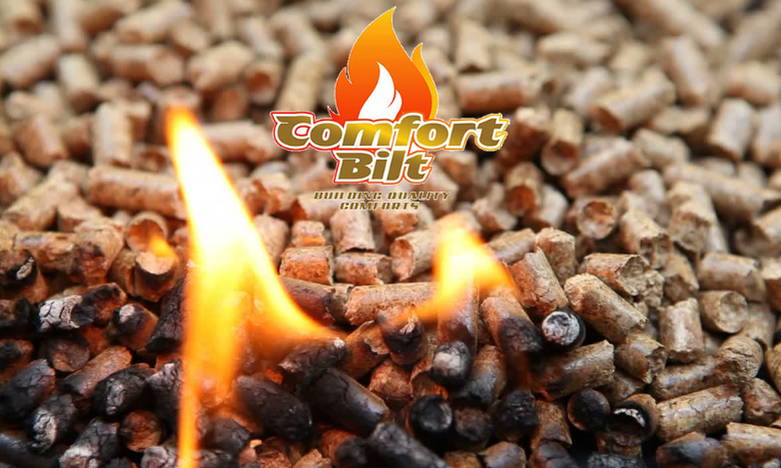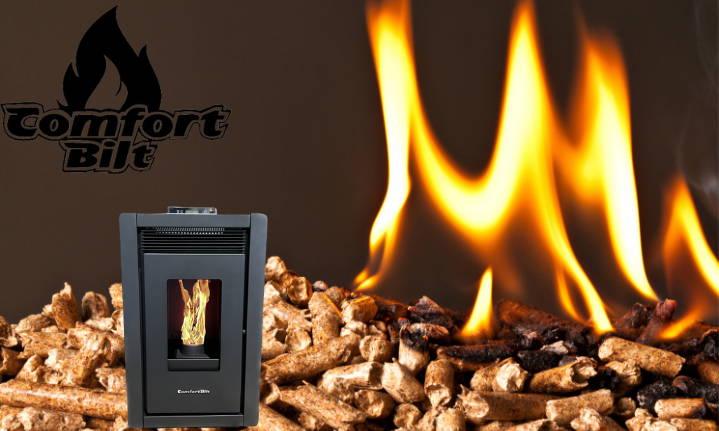moisture and wood pellets
Introduction:
We all know how water is the enemy of a healthy flame, so it's no surprise that storing your pellet stove fuel in a dry environment will produce the best heat source for your home. In today's blog we'll go over how moisture content can effect your wood pellets, pellet stove, and more importantly, what to do if you find yourself having to deal with wet wood pellets. Let's jump right in!
Combustion:
Wood pellets that have been exposed to moisture do not burn as cleanly or efficiently in your pellet stove. This is due to the moisture absorbing some of the heat energy during combustion. This will inevitably lead to incomplete burning of your wood pellets.
Excess Ash Build-up:
Excess moisture causes wood pellets to smolder and produce more ash and build-up in the burn pot. This, will in turn, require you to have to clean your pellet stove more frequently.
Feeding Issues:
Wood pellets that have been exposed to moisture often times swell, break apart, and could jam the auger, motor, or similar component in your pellet stove.
Efficiency Loss and Emissions:
Wood pellets with a higher moisture content mean you need to burn more fuel to get the same heat, reducing overall efficiency. These wet pellets will also produce more particulates, smoke, and creosote emitting from your pellet stove or pellet stove insert. Nobody wants that!
Storage:
Wet pellets also lose their quality faster in storage compared to drier pellets.
For optimal performance, wood pellet moisture content should be 6-8% or less. Pellets with moisture above 10% start to exhibit the issues mentioned above. Proper storage and handling is key to keeping pellet fuel as dry as possible.
For more information on ComfortBilt pellet stoves: Click Here
For more information on ComfortBilt pellet stove inserts: Click Here
For more information on Carolina wood stoves: Click Here

Conclusion:
In conclusion, the presence of moisture in pellets poses a significant risk to their integrity and quality.
While it may be tempting to salvage wet pellets, the compromise to their structural integrity can lead to a myriad of issues, including decreased performance and potential safety hazards.
Therefore, it's advisable to err on the side of caution and either return or discard pellets that have been excessively exposed to moisture.
By prioritizing quality and safety, we ensure the optimal function and longevity of pellet-based products, ultimately enhancing both efficiency and satisfaction for consumers.


